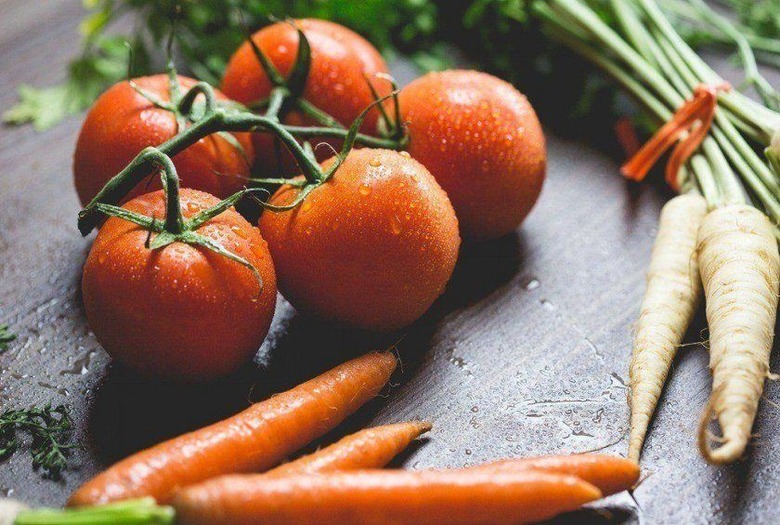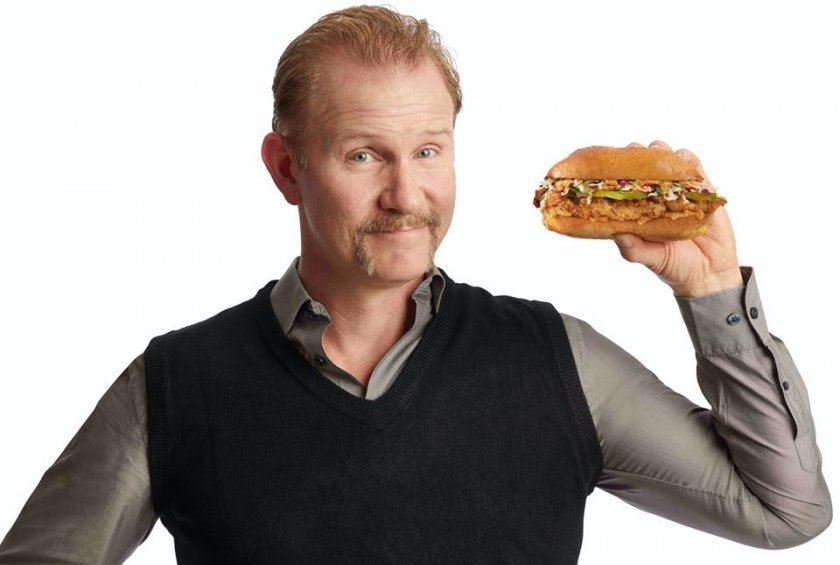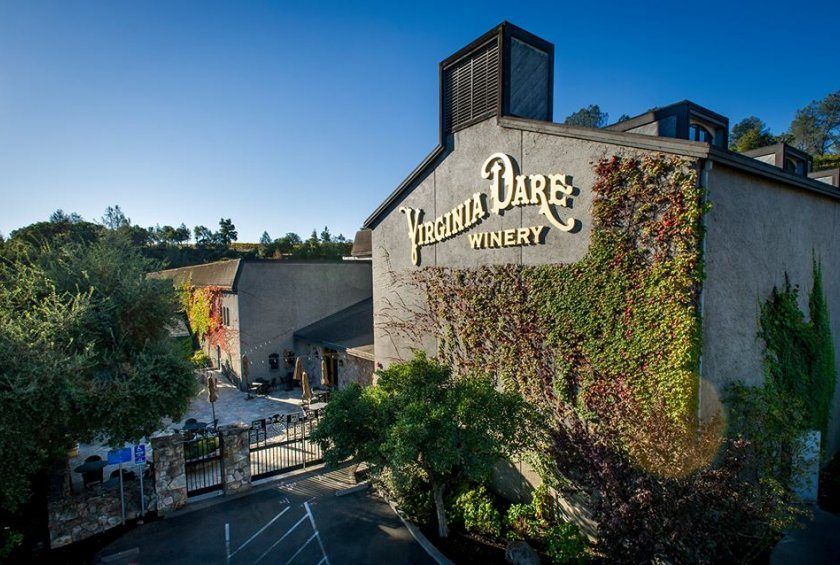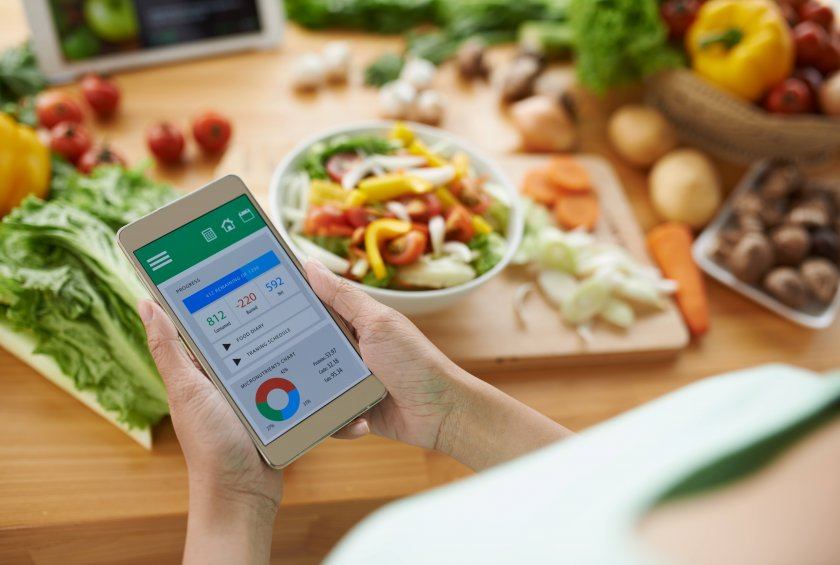The Daily Dish: Swedish Chef Claims He Was Beat Up For Looking Like Donald Trump
Swedish Chef Claims He Was Beat Up for Looking Like Donald Trump
Swedish chef and TV personality Anders Vendel made international headlines after he posted on social media about being attacked outside a fast-food restaurant, allegedly for "looking like Donald Trump." In his original Facebook post, which has since been deleted, Anders said he was targeted by three "Muslim men" and ended up in the hospital with injuries from the incident. Since the incident was spread to multiple media outlets, Venders has since backed off on his claim about the "Muslim men" who attacked him. He originally assumed they were Muslim because he thought he heard them speaking Arabic, but he said he could not be certain. "I was angry, hurt and humiliated when I wrote what I was thinking at the time," Vendel told The Local. "I'm absolutely not a racist, not after what happened either. It could have been anyone. I'm alive — it will be OK."
'Super Size Me' Star Morgan Spurlock Is Opening a Fast-Food Restaurant
Morgan Spurlock, the filmmaker who directed and starred in the famous critical documentary about the fast-food industry, Super Size Me, will open his own fast-food restaurant called Holy Chicken! in Columbus, Ohio, on Nov. 19. This restaurant won't be like others in the fast-food industry, though; it will serve natural products that customers can take on the go. "Everything about the food is made and backed with integrity and openness including closing the loop in sustainability by raising our own chickens," the company said in a statement, according to Indie Wire. "The food is not only hormone free, its [sic] antibiotic free, cage free, free range, farm raised, humanely raised and 100 percent natural!" Central Ohio was chosen as the targeted location since it is commonly used as a test market for fast food, Columbus Business First reported.
Film Director Francis Coppola Opens Native American-Inspired Restaurant
American film director Francis Coppola unveiled his new restaurant, Werowocomoco, located in his Virginia Dare Winery in Geyserville, California. Inspiration for the restaurant came from the winery itself, which was one of the first in the U.S., according to the San Francisco Chronicle. Through Coppola's research, he discovered that the winery was named for the first English child born in the New World in the colony of Virginia. Coppola chose to name the restaurant after the seventeenth-century Algonquin settlement in Virginia. "Virginia Dare Winery highlights the genesis of American winemaking, so it makes sense that our new restaurant would celebrate our country's indigenous foods," Coppola said in a press release to Wine Business. The restaurant will feature "Native American ambience and food" in order to "highlight ingredients of America as it once had been." The menu will include food ranging from bison ribs with a berry barbecue sauce to river-harvested wild rice with cranberries.
Most Diet Apps Aren't as Healthy as We Think
New research from scientists at the George Washington University School of Medicine found that 75 percent of the most popular healthy eating apps out there did not recommend daily amounts of certain food groups or take into account important sub-groups like dark leafy greens, whole grains, and healthy fats, according to Tech Radar. The study, led by Tania Dhawan and presented at the annual American Heart Association Conference, analyzed 32 health and fitness apps available on Google Play and the iTunes App Store, and compared their advice to the U.S. Department of Agriculture 2015–2020 Dietary Guide for Americans. Although many of the apps fell short, 72 percent took into account several of the top five government-recommended guidelines for healthy eating: healthy eating patterns, appropriate calorie limits, nutrient-dense foods and beverages, a variety of foods and beverages, and social support.
Eating Tomatoes Might Lower Your Risk of Prostate Cancer
A new study, still in the peer-review process and not yet published, suggests that men can lower their risk of developing prostate cancer by eating tomatoes and other foods that contain lycopene — a naturally occurring phytochemical that gives vegetables and fruits a pink or red hue. The study conducted at the University of Illinois at Urbana-Champaign found that men who consumed higher amounts lycopene had an 11 percent decreased risk of prostate cancer than those who consumed less. "Because lycopene is present in only a few foods, and approximately 85 percent of lycopene in the American diet comes from tomatoes and tomato products, people can really focus on eating tomato-containing foods," John W. Erdman Jr., a professor at UIUC and the senior author on this research, told the American Institute for Cancer Research. "That's a pretty easy way to reduce risk of cancer."





